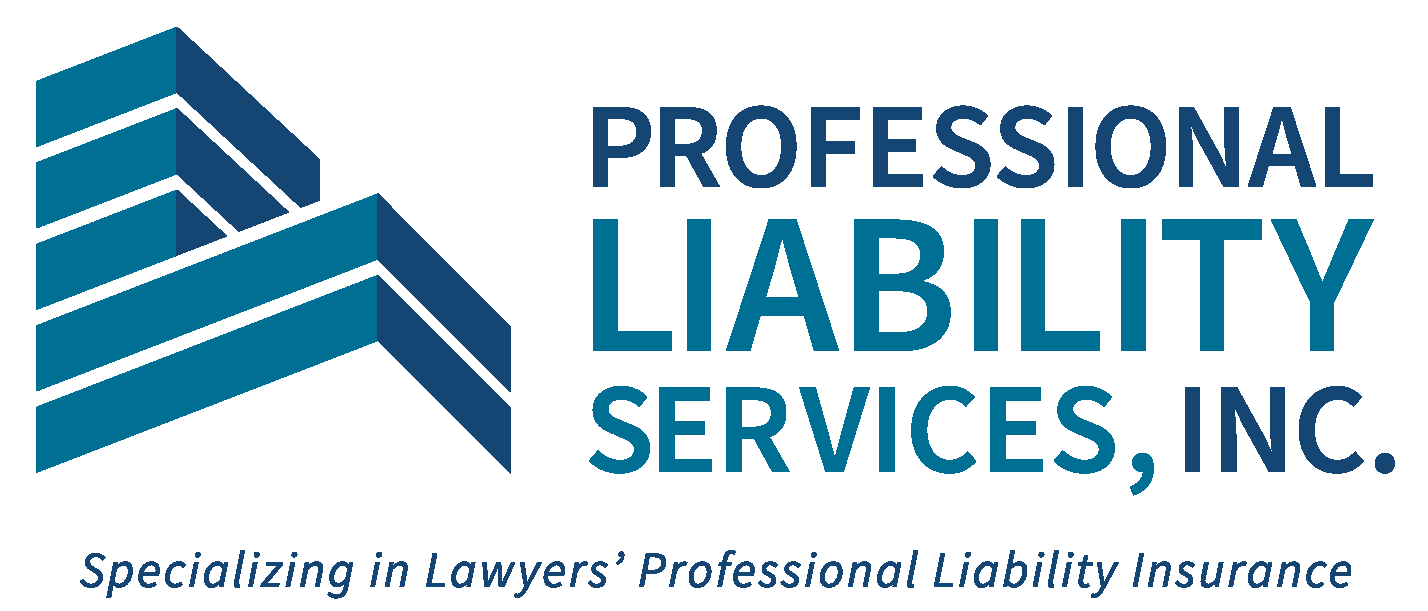This is a subtitle for your new post
Attorneys in South Carolina are navigating an evolving legal landscape, with recent legislative changes that may directly impact how lawyers approach professional liability insurance. While South Carolina continues to be a state where malpractice coverage is optional rather than required, recent tort reforms could influence insurance decisions for many law firms.
South Carolina Still Does Not Mandate Malpractice Insurance
Unlike states such as Ohio, South Carolina does not require attorneys to carry professional liability (malpractice) insurance, nor does it mandate disclosure if an attorney is uninsured. Despite this, many lawyers continue to purchase coverage because of the significant financial risk a malpractice claim can bring. Premiums remain relatively affordable for solo practitioners—often ranging from $500 to $3,000 per year—which is minimal compared to the potential cost of defending a lawsuit out of pocket.
Tort Reform Brings Major Liability Changes
Senate Bill S.244 and Joint & Several Liability Reform
A significant shift came with the passage of Senate Bill S.244, which amended South Carolina Code §15‑38‑15 regarding joint and several liability. Under the new law, set to take effect January 1, 2026:
- Fault will be allocated to all parties involved, including those not directly named in the lawsuit.
- Defendants will only be held fully liable if they are found to be 50% or more at fault. If they are found less at fault, they will only pay their proportionate share.
This change means defendants who are only marginally responsible will no longer face paying the entire judgment if other defendants cannot pay their share. While these updates primarily impact personal injury and liability claims involving multiple defendants, they carry significant implications for law firms and their insurance needs.
Liquor Liability Law Updates
The new tort reform package also includes updates to liquor liability laws, aiming to reduce insurance costs for bars and restaurants. These businesses have faced skyrocketing premiums in recent years, with some reporting increases from $6,000 to $65,000 annually. The reform reduces minimum insurance requirements for certain establishments, alleviating pressure on the hospitality industry.
What These Changes Mean for Attorneys
Reduced “Deep Pocket” Risk
For attorneys representing defendants with minimal fault, the risk of being targeted as a “deep pocket” to cover the entire judgment is now reduced. Conversely, plaintiff attorneys may see smaller potential recoveries as each defendant is only responsible for their proportionate share. This could impact settlement strategies and the overall value of certain cases.
Potential Impact on Insurance Coverage Decisions
Insurers may begin to tailor premiums more precisely based on the revised fault allocation laws, segmenting clients by their exposure. Defense-heavy practitioners with lower fault risks might see opportunities to adjust coverage limits or negotiate different underwriting terms.
Strategic Risk Management for Law Firms
With these legal changes, attorneys should review their current professional liability insurance policies and assess:
- Their likelihood of being named as a defendant based on practice area and case types.
- How these new laws affect potential exposure to large judgments.
- Client expectations regarding malpractice coverage, as many still require proof of insurance even in non-mandate states.
Looking Ahead: Ongoing Legislative Developments
The recent tort reform is just one step in South Carolina’s efforts to reshape its civil liability laws. Additional adjustments to liquor liability and other joint liability statutes are expected in upcoming legislative sessions, and legal, insurance, and hospitality industries are closely watching for further premium and risk allocation impacts in 2026 and beyond.
Final Thoughts
While malpractice insurance remains optional for attorneys in South Carolina, the changing legal landscape is altering risk exposure across many practice areas. Law firms should work proactively with their insurance brokers to reassess coverage needs and ensure policies are aligned with these evolving risks.
Need guidance on tailoring your professional liability insurance to the latest South Carolina laws? Contact our team today to review your options and ensure your firm is protected in this shifting environment.











